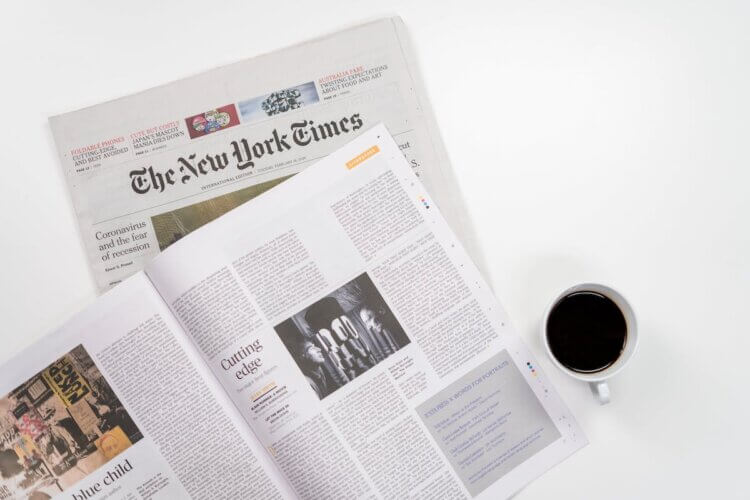[ad_1]
Over the previous 12 months, synthetic intelligence (AI) has come to play a vital function in lots of lives and professions. These utilizing the expertise place vital belief in AI platforms—but many people don’t query the place our giant language fashions (LLMs) are getting the knowledge they depend on to assist us create AI-generated work merchandise or full day by day duties.
This situation—the supply of LLM studying—was put entrance and heart when the New York Instances not too long ago brought a federal copyright infringement lawsuit against OpenAI (the creator of ChatGPT) and Microsoft. The lawsuit alleges that OpenAI used copyrighted articles from the New York Instances to create “substitutive merchandise” with out their consent. Particularly, OpenAI used, amongst others, New York Instances content material to develop their fashions and instruments.
Machine studying, copyright infringement, and truthful use
The place does copyright infringement intersect with an AI lawsuit? It primarily has to do with machine studying, the strategy by which AI instruments are skilled to supply responses to AI prompts.
To foretell the perfect reply to a selected query or immediate, people have to “practice” AI by feeding it info. OpenAI trains its fashions by feeding them giant quantities of textual content information from on-line sources—together with web sites just like the New York Instances.
The issue—at the least, from the New York Instances’s perspective—is that OpenAI and Microsoft are successfully benefitting from the New York Instances’s funding in journalism, utilizing their copyrighted work to create new merchandise with out requesting permission or paying the New York Instances for the service.
OpenAI and Microsoft, alternatively, argue that their use of copyrighted content material to coach their fashions falls beneath “truthful use”, or the correct to make use of copyrighted work with out the proprietor’s consent beneath sure circumstances.
Different AI lawsuits regarding copyright infringement
Whereas the New York Instances’s current lawsuit towards OpenAI and Microsoft is dominating information cycles, it’s certainly not the primary AI lawsuit referring to copyright infringement. Different content material creators—together with authors like Mona Awad and Paul Tremblay, and comic Sarah Silverman—have additionally initiated lawsuits towards AI corporations over copyright infringement.
As of the date of publication of this text, we don’t have clear solutions on whether or not machine studying qualifies as “truthful use” and protects AI corporations from copyright infringement lawsuits. Nevertheless, the emergence of those lawsuits raises fascinating questions concerning the way forward for AI studying.

What the OpenAI lawsuit means for legal professionals
The OpenAI lawsuit poses an fascinating drawback for instruments designed to enhance entry to info: If there are restrictions on the kind of info accessible to OpenAI and different LLMs, what are the implications for machine studying and, subsequently, the sorts of responses or work merchandise these fashions can present for customers?
We’ve beforehand mentioned the risk of bias in AI tools and the significance of guaranteeing that AI algorithms are developed and skilled utilizing various and consultant information units.
Alternatively, if LLMs can keep away from copyright lawsuits by acquiring permission to make use of content material (doubtless, by compensating the homeowners), it could comply with that solely these LLMs with ample funding could have entry to the excellent content material wanted to tell their fashions, leading to a deleterious influence on innovation on this house.
However, if the courtroom decides to allow LLMs to make use of copyrighted content material for coaching, content material creators face their very own challenges—with related penalties for the broader public. For instance, content material creators could restrict on-line entry for readers or viewers—to say nothing of their frustration over LLMs utilizing their copyrighted work.
Because the courts have but to resolve on the function copyright regulation performs in coaching LLMs, it’s anybody’s guess what the longer term will maintain—but when plaintiffs just like the New York Instances are profitable with their AI lawsuits, it may have a essential influence on the way forward for LLM coaching.
The OpenAI lawsuit and our last ideas
Whatever the end result, the OpenAI lawsuit is a reminder for customers to rigorously vet the LLMs they’re utilizing—particularly when nearly one in five legal professionals currently using AI of their apply.
So, what are you able to do?
We revealed this weblog publish in January 2024. Final up to date: .
Categorized in:
Technology
[ad_2]
Source link

